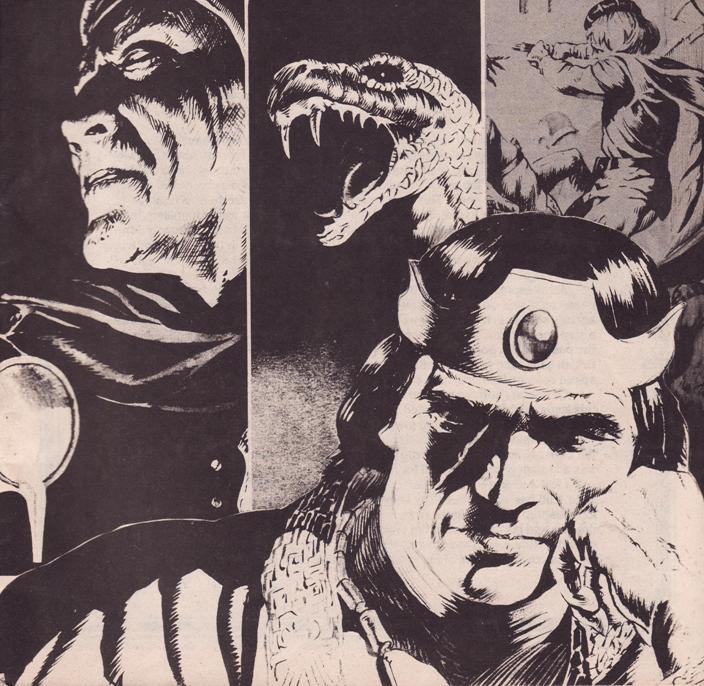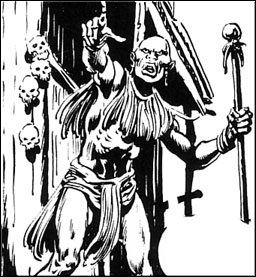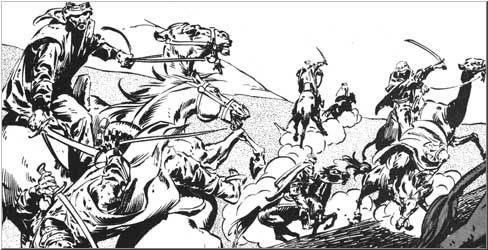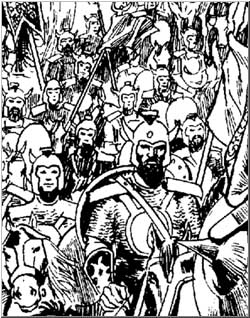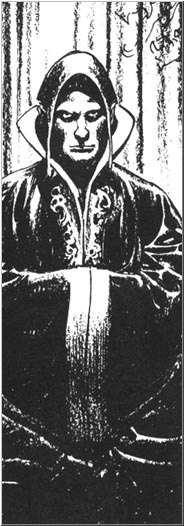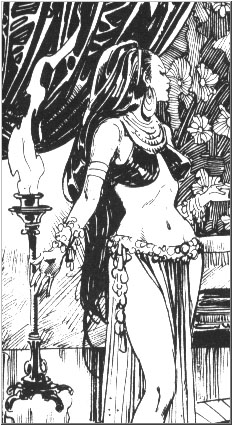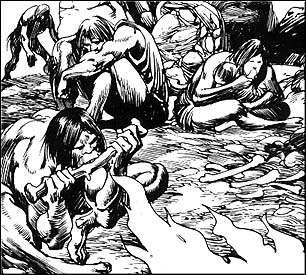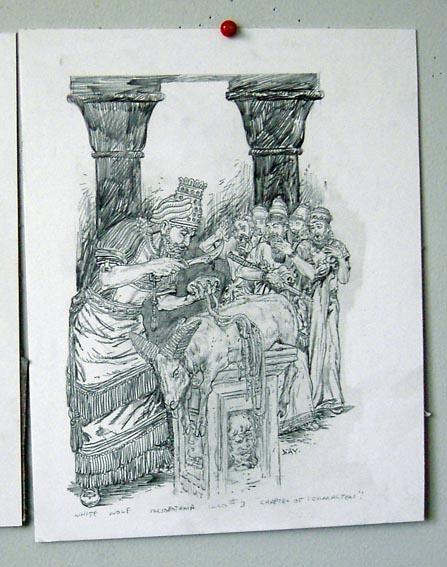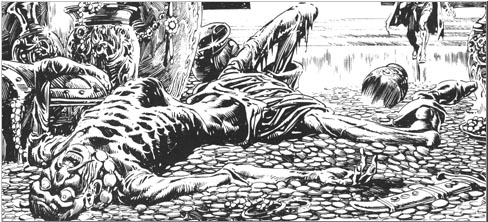By these (5E) rules I axe!
The Player’s Guide to the World of Xoth for 5E contains character creation rules, including races and cultures, new classes, new equipment, new spells, and so on.
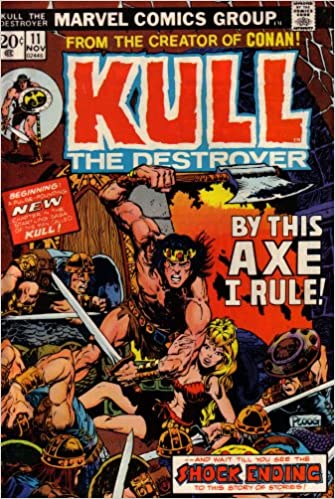
Here are some additional 5E house rules for my own campaigns:
Ability Scores
- A high Intelligence score gives bonus languages (and a low Intelligence score reduces the number of languages you know)
- You can choose to add your Intelligence bonus to Initiative instead of your Dexterity bonus
Feats
- The following feats are considered overpowered and therefore banned
- Lucky
- Sharpshooter
- Great Weapon Master
Skills
- Wisdom (Perception) is used to detect creatures (only), and Intelligence (Investigation) is used to detect traps and secret doors
- See also 5E skills and how to use them for specific details on skill usage
Combat
- Flanking: This gives a +1 bonus to attack rolls against the flanked creature.
- Standing up from prone: You suffer disadvantage on attacks on the creature that pushed you down, if it is still within 5 feet of you, for the duration of your turn.
- Picking up weapon from ground after disarm: You suffer disadvantage on attacks on the creature that disarmed you, if it is still within 5 feet of you, for the duration of your turn.
Damage and Healing
- If you are knocked down to 0 hp and then get back to positive hp (through healing or by rolling a 20 on a death save), you gain a level of exhaustion.
- When you roll a natural 20 and score a critical hit, the first damage die deals maximum damage. Roll normally for additional damage dice.
- If you suffer a critical hit, you can use a reaction to turn it into a normal hit by sacrificing a (medium) shield or a (non-light) melee weapon. You must be holding the item when you are hit, and the item is destroyed.
- Options for using a healing potion:
- Drink as a bonus action (roll normally for hit points restored)
- Drink as an action (max result on all potion dice, ie a regular healing potion restores 10 hit points)
- Administer to another creature as an action (roll normally for hit points restored)
Resting
- A long rest restores all Hit Dice (not just half your Hit Dice as per the standard rules).
- Some areas (a swamp filled with biting insects, a dungeon with roaming undead, etc) may not offer sufficient tranquility to provide any benefits of a long rest. In other words, a long rest requires a fairly friendly and safe environment, such as a fortress or a tavern or at a minimum a fortified camp. The GM decides on a case-by-case basis.
Magic
- See the “Sorcery” chapter in the Player’s Guide (link at the top of this blog post) Pfor details on changes to magic and spellcasting.
- Some additional house rules:
- Levitate: An unwilling target is allowed a new saving throw each round.
